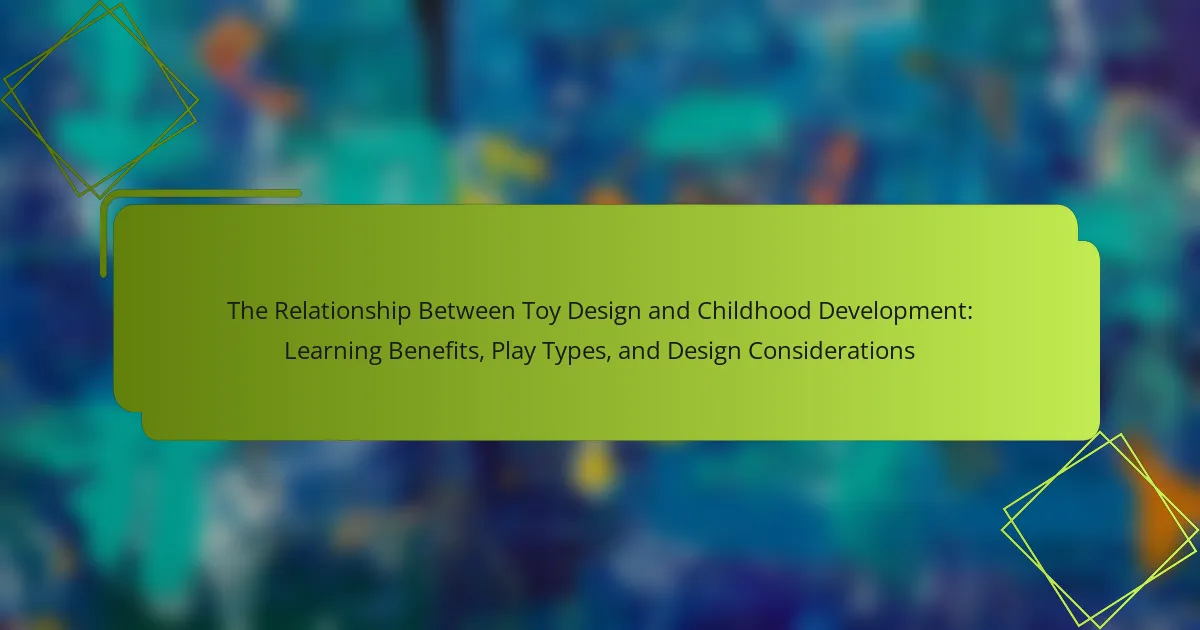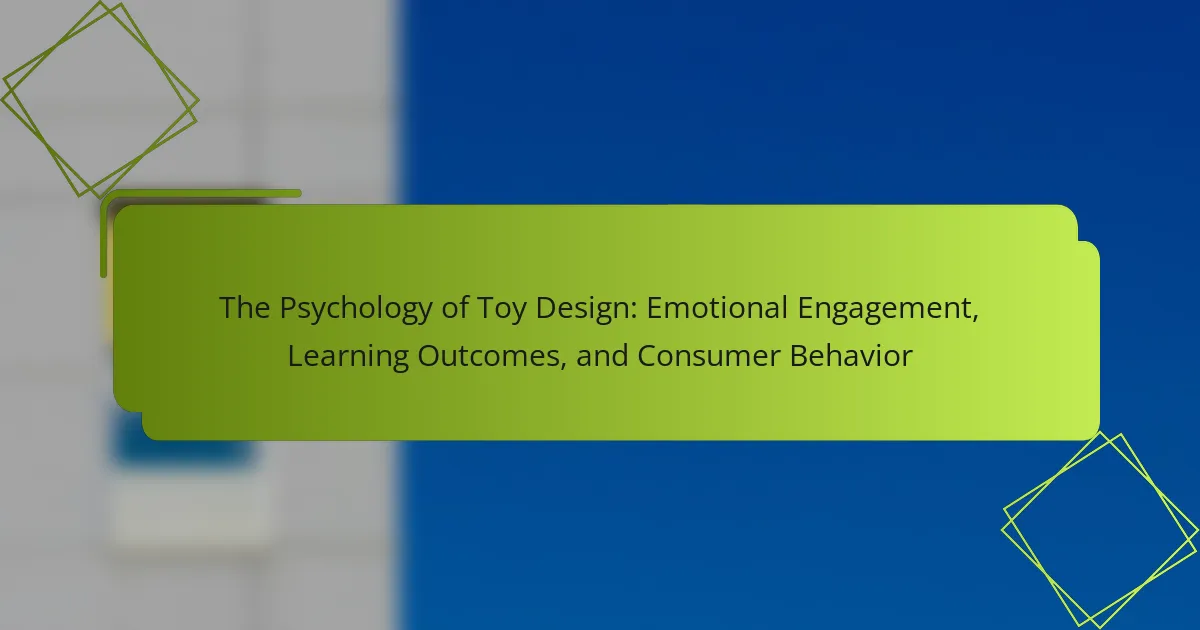Archive Post
Home / Design Principles
Iconic Toy Design Movements: Historical Context, Key Figures, and Lasting Influence
What are Iconic Toy Design Movements? Iconic toy design movements are significant trends in toy…
The Significance of Branding in Toy Design: Logo Development, Packaging Strategies, and Market Positioning
What is the significance of branding in toy design? Branding in toy design is significant…
The Relationship Between Toy Design and Childhood Development: Learning Benefits, Play Types, and Design Considerations
What is the relationship between toy design and childhood development? Toy design significantly influences childhood…
The Psychology of Toy Design: Emotional Engagement, Learning Outcomes, and Consumer Behavior
What is the Psychology of Toy Design? The psychology of toy design involves understanding how…
The Aesthetic Evolution of Action Figures: Design Trends, Cultural Influences, and Collector Appeal
What is the Aesthetic Evolution of Action Figures? The aesthetic evolution of action figures reflects…
Sustainable Materials in Toy Design: Environmental Benefits, Durability, and Consumer Trends
What are Sustainable Materials in Toy Design? Sustainable materials in toy design refer to eco-friendly…
The Future of Educational Toys: Design Innovations, Learning Benefits, and Market Growth
What are Educational Toys and Their Importance? Educational toys are specially designed play items that…
The Influence of Art Movements on Toy Design: Styles, Techniques, and Iconic Examples
What is the Influence of Art Movements on Toy Design? Art movements significantly influence toy…
The Role of Storytelling in Toy Design: Narrative Elements, Emotional Connection, and Brand Loyalty
What is the role of storytelling in toy design? Storytelling plays a crucial role in…
The Evolution of Modular Toy Design: Key Principles, Influential Designers, and Cultural Impact
What is Modular Toy Design? Modular Toy Design refers to a system of toys that…








